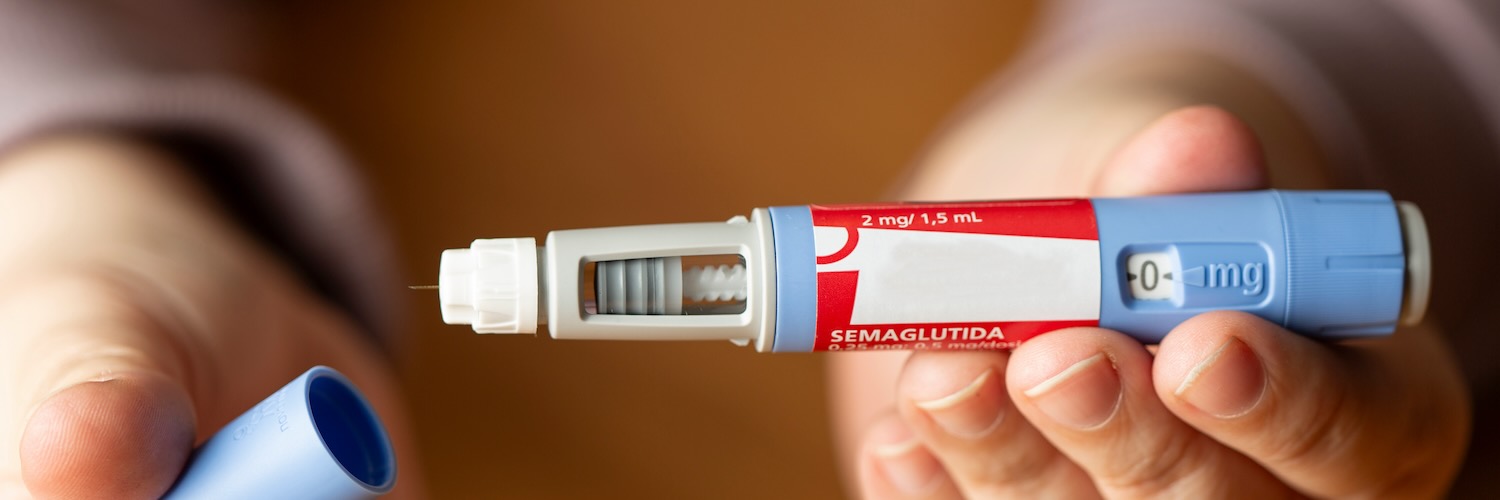Weight Loss Medications
The hype surrounding GLP-1 medication, including Wegovy and Zepbound, has reached a fever pitch and does not seem to be subsiding anytime soon. The discussions around GLP-1s are still fractured, with some touting the fantastic benefits and others decrying potential and emerging side effects. Either way, there’s a lot of misinformation out there, and we still don’t know enough about them. One of the biggest misconceptions is that bariatric surgery and weight loss medications cannot exist symbiotically and cannot work in unison. However, this cannot be further from the truth. While we primarily perform bariatric surgery, there’s no doubt that GLP-1 medication fits into the weight loss continuum, and we fully embrace it. The most critical next step is to understand why and for whom.
Let’s Start With a Typical Preop Patient
For those in the 40 to 50 BMI range, GLP-1 medications are often ineffective because they won’t allow the patient to lose enough weight to eliminate their excess weight and obesity-related conditions. Bariatric surgery is very safe at this BMI and is often the ideal weight loss option. However, when BMI becomes extreme, some patients have a significantly increased surgical risk due to their weight. Now, there is the possibility of employing GLP-1 agonists to drop some of that weight and reduce surgical risk. There’s absolutely a correlation between additional weight and higher surgical risk.
Post-surgical Patients
Most patients will lose plenty of weight in the first year to 18 months after bariatric surgery. They will not need assistance with weight loss medications or any other medical intervention during this time. Of course, this is predicated on solid diet and exercise habits and following postoperative guidelines. However, life happens both psychologically and physically, especially two years post-surgery. Patients have usually reached their goal weight or something very close to it and may begin to liberalize their diet and exercise programs.
The excitement and motivation behind their bariatric surgery may have worn off, and patients may start gaining some weight. A slow five to 10% regain of excess body weight previously lost is not concerning. However, many patients begin to yo-yo diet or may start to regain weight much more quickly.
In the past, patients only had two options: re-committing to their diet and exercise program or having a revisional surgical or endoscopic procedure. With the advent of weight loss medications, there is now a third option, and some qualifying patients may benefit from taking these medications, at least temporarily, to get themselves back on track, both psychologically and physically.
What Weight Loss Medications Are Not
With all of this said, weight loss medication should not be treated as a crutch because, ultimately, it is the crutches that get us into trouble in the first place. Instead, weight loss medication should only be used in extenuating circumstances when there aren’t any other straightforward options to lose excess weight. We try to impress upon each of our patients that their focus, dedication, and strength in the preoperative and postoperative process are the most critical factors in their success and will keep them hitting their goals long into the future, both in weight loss and more generally in the rest of their lives.









